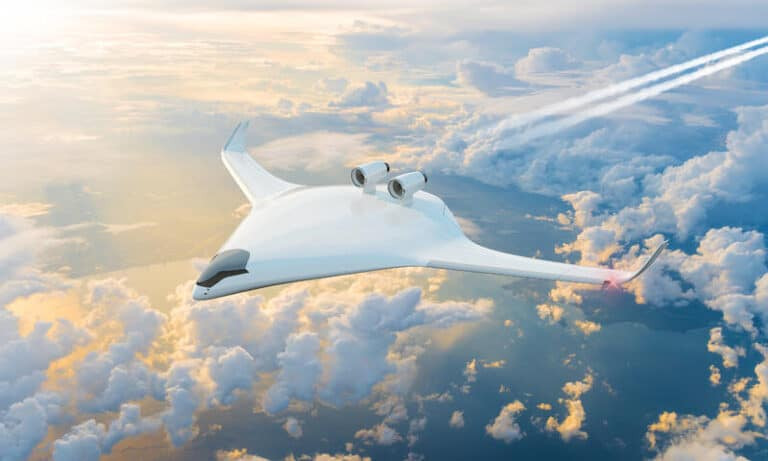Natilus, a U.S. company producing the world’s first manufactured autonomous aircraft for air freight transport, has announced advanced purchase commitments of more than $6 billion for the delivery of 440+ aircraft in pre-orders, from companies including major airlines and integrators: Volatus Aerospace, Astral Aviation, Aurora, Dymond, Flexport, and others.
Last week, Flexport completed a $900 million investment round and has signed a Letter of Intent (LOI) for two 100T Natilus aircraft, with an option for a third.
Natilus was co-founded by Aleksey Matyushev and Anatoly Starikov in 2016. The innovative design of the family of Natilus cargo aircraft is democratising freight transport, not by converting existing passenger aircraft but by innovating the design freight transport aircraft to increase cargo volume by 60%, while cutting costs by 60% and lowering carbon emissions by half.
“In parallel with the development of our family of autonomous aircraft, we are working closely with customers to increase the efficiency of air transportation and make it more competitive and safer than ocean shipping,” stated CEO Aleksey Matyushev. “Today, there are only two ways to move cargo internationally: by air and by sea. The difference between the cost and time of these two modes of transportation is dramatic. Sea freight is currently 13 times less expensive than air freight; but 50 times slower in delivery.
“Natilus intends to revolutionise the transport industry by providing the timeliness of air freight at an affordable cost reduction of 60%, making air cargo transportation substantially more competitive.”



